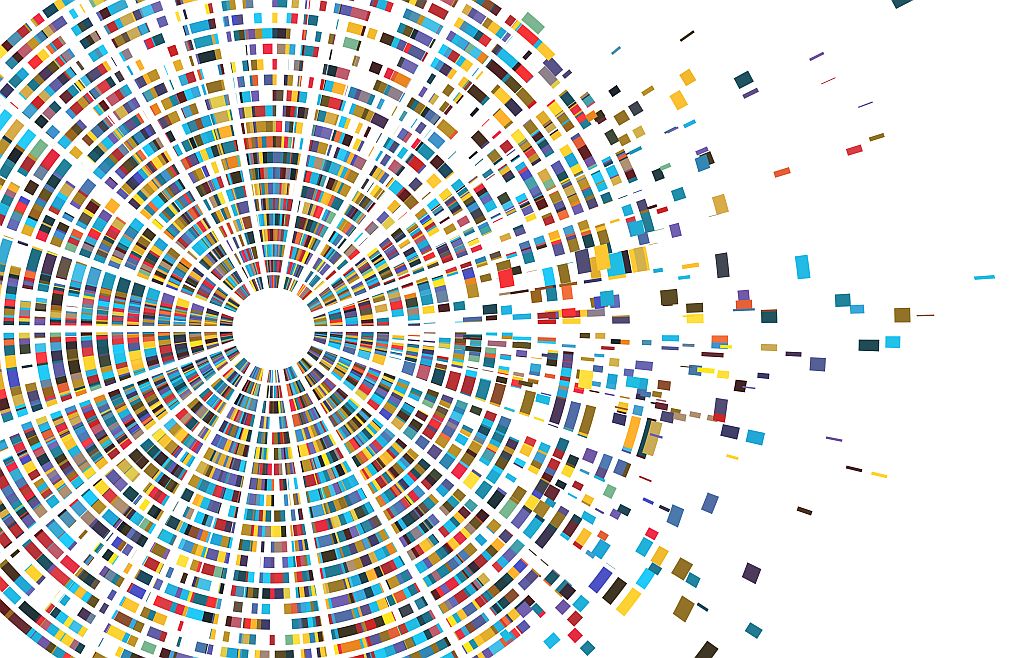
Importance of Research with Impact
Importance of Research with Impact
Saturday, December 19, 2020, by Ayman El Tarabishy, President and CEO of ICSB

As the fundamentals of the business ecosystem have been upended in the COVID-19 era, too has our relationship to research and statistical data. The same technologies that have brought businesses and consumers closer together have complicated and altered the idea of a balanced and objective truth. As we continue to rely upon data and statistical research to point us in the right direction during an increasingly unstable time, we must examine the impact and consequences of this data and make sure it is being used for humane and sustainable solutions.
The ubiquity of social media and the ability to communicate with virtually anyone at virtually any time has drastically changed the ways we relate to one another. Education has become less about “discovering” new information and more about learning how to sift between good and wrong information. As we begin to think about new ways to communicate new ideas and strategies effectively, we believe that researching with impact is the best way to create a knowledge ecosystem that guides and supports the new and emerging business ecosystem that we envision here at ICSB.
What do we mean by a knowledge ecosystem? First, we recognize the importance of local businesses and consumers having the agency diagnose and solve the issues facing their communities. We reject the idea that there is a one-size-fits-all solution to the myriad problems facing the world today. We want to empower actors within the business community to have the framework to create new and innovative solutions to the issues they face now and in the future.
Secondly, we understand that people will use and rely on different sources of information in the era of social media and global connectivity. The purpose of ICSB and the educational resources that we provide is not to claim that we have all the solutions; instead, we believe we are building a community of driven, empathetic individuals who recognize the issues faced and believe that there are ideals and principles that we should prioritize in the re-making of our business world. That is why we think that researching with impact is crucial to our larger goals of promoting equity and justice within the business ecosystem and empowering atypical actors worldwide.
Why is it essential to emphasize researching with impact? We have seen the consequences of research for research’s sake, whether in the continued dismissal of atypical and marginalized individuals or the refusal to recognize the effects of unsustainable investment and production. Too often, the consequences of oppression have been used to justify the continuation of that same oppression. Women are not underrepresented in managerial and leadership positions because they are “too emotional” or lack the necessary experience. They are underrepresented because women have faced structural issues and oppression that have limited their ability to advance and be recognized within the formal leadership structure. The solution to this cannot merely be more research. Research is often presented after the fact to groups of people who knew the outcomes of that research would be far before they were given. It has to be research committed to uncovering the consequences of this past behavior and providing a framework for realistic and just solutions. There is a desperate need for accurate and impactful research that centers on justice and sustainability principles. We believe that organizations like ICSB are the blueprint for what the process of creating sustainable and impactful research will look like.
If you are interested in research with impact, we welcome you to submit to our 2021 World Congress call for papers to be held in Paris, France in person and online. We urge you to engage with essential topics in business research and the type of research necessary in and sign for our recreation of this world into one that focuses on equitable sustainability. We surely hope you will join us on this journey.
Start here: https://icsb2021.com/call-for-papers/
Article by:
Ayman El Tarabishy,
President and CEO, ICSB
Deputy Chair, Department of Management



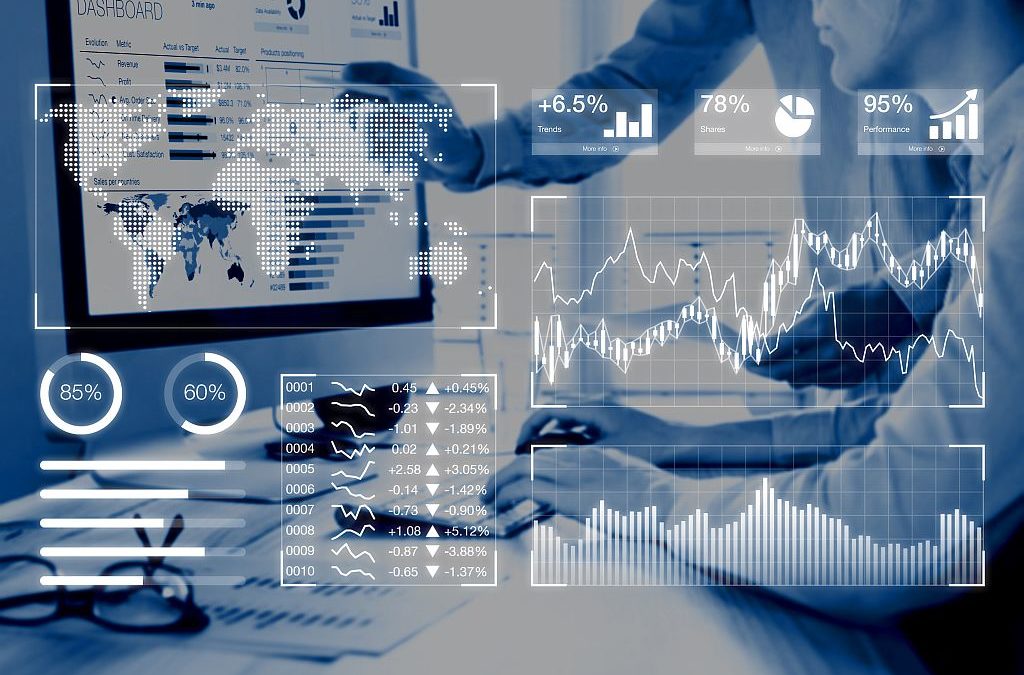
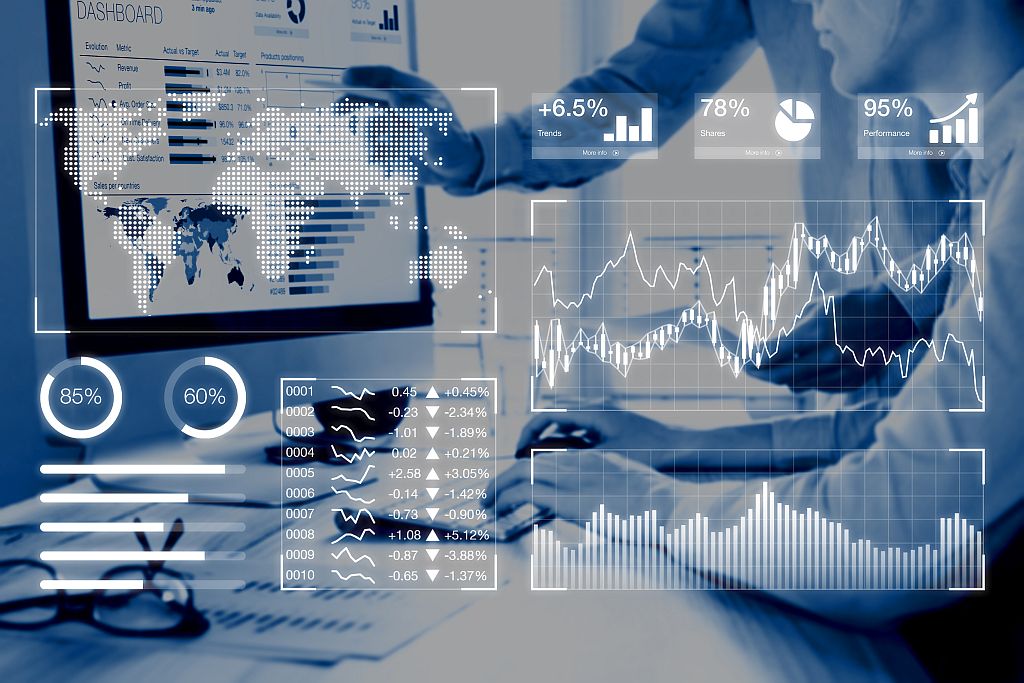


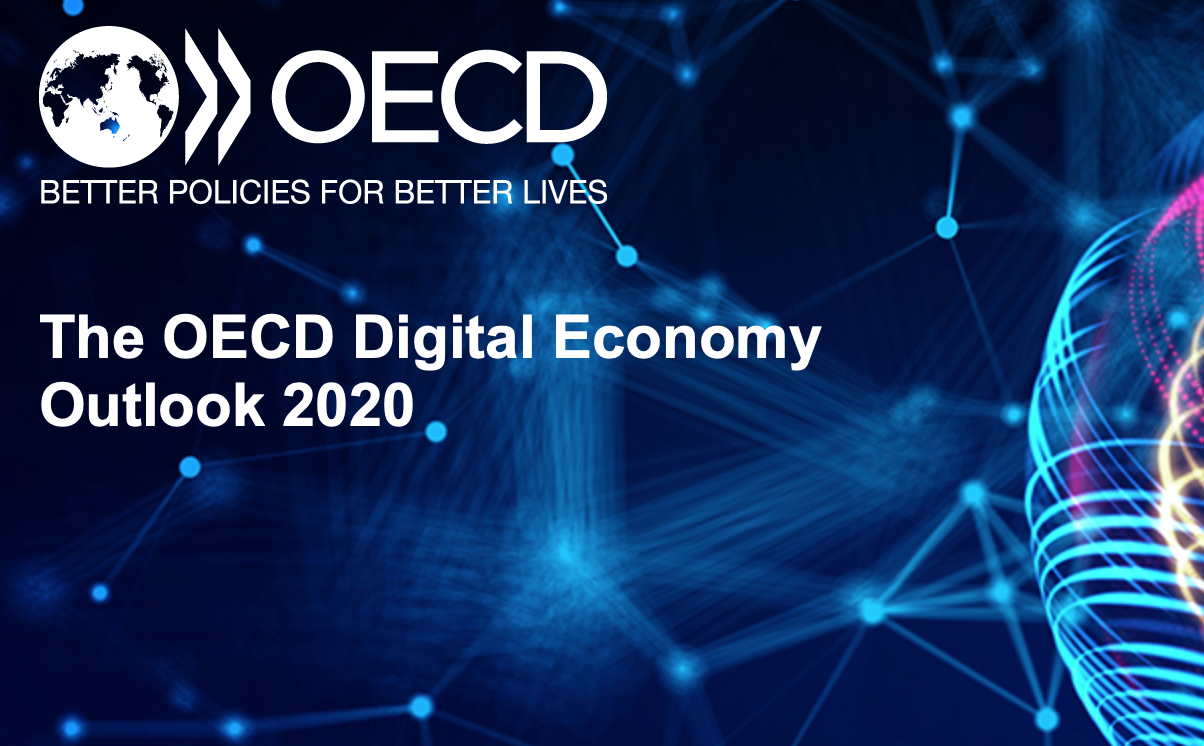
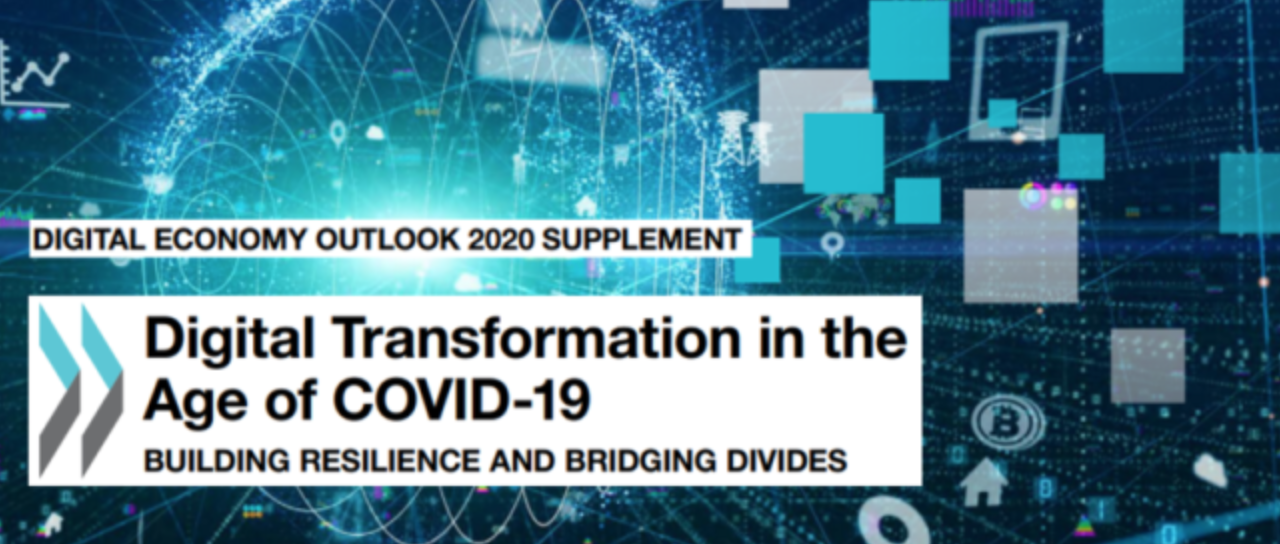
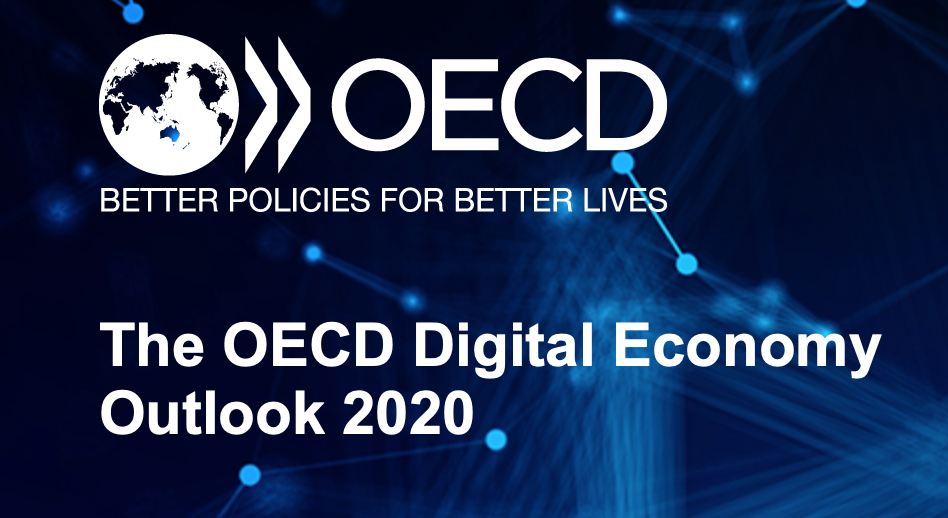

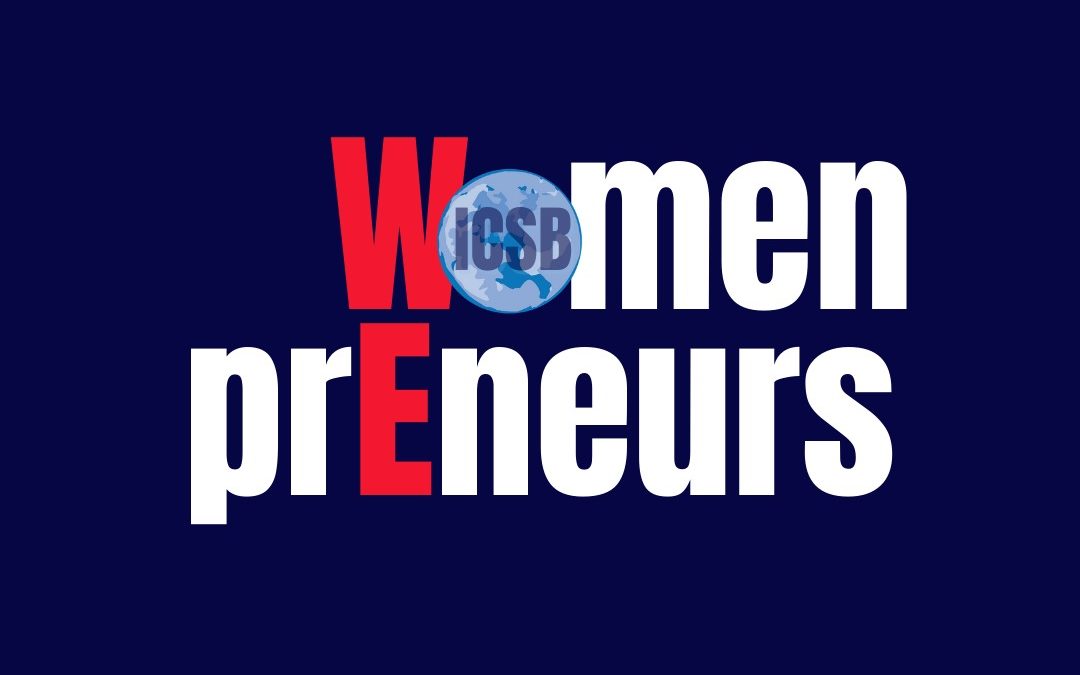
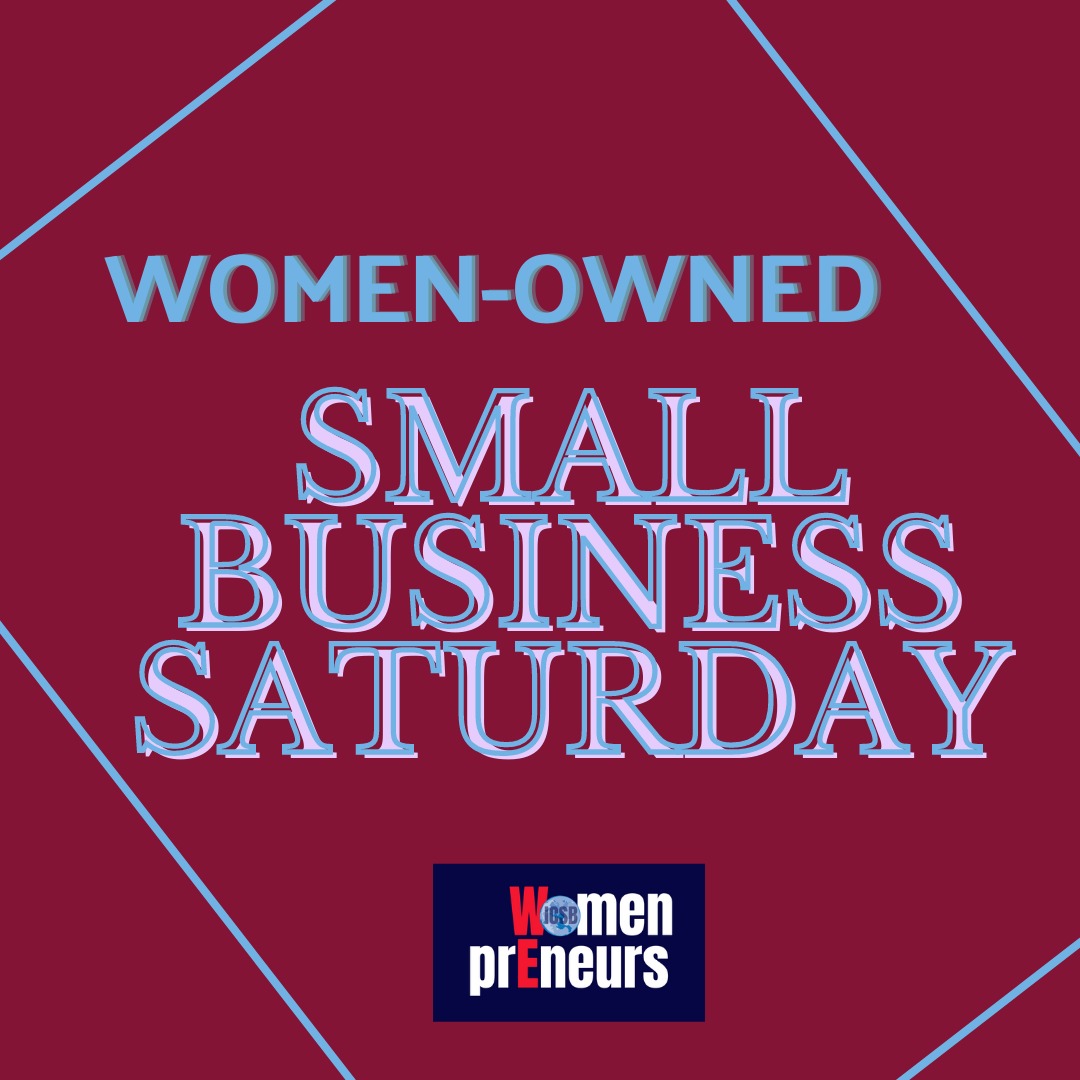

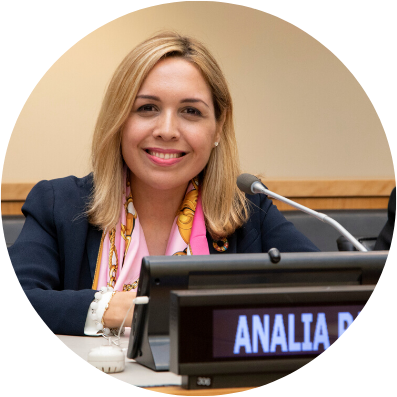


 entrepreneurship and investment, flexibility, and resilience. Women have consistently been at the forefront of progress in all of these fields, and they have largely done so without significant investment from traditional business actors. We believe that resources like the WE Conference will help us all take advantage of the unique situation we find ourselves in by prioritizing and centering women’s experiences in the business ecosystem. Women have been working and innovating throughout history, even as the market has traditionally under-valued their labor. They have been forced to adapt creative and sustainable solutions with limited access to capital and no formal recognition within the system. Women overwhelmingly are the managers of their household, a chore far more cumbersome than most business management positions. They have experience in investing frugally to maximize services in the face of economic pressures.
entrepreneurship and investment, flexibility, and resilience. Women have consistently been at the forefront of progress in all of these fields, and they have largely done so without significant investment from traditional business actors. We believe that resources like the WE Conference will help us all take advantage of the unique situation we find ourselves in by prioritizing and centering women’s experiences in the business ecosystem. Women have been working and innovating throughout history, even as the market has traditionally under-valued their labor. They have been forced to adapt creative and sustainable solutions with limited access to capital and no formal recognition within the system. Women overwhelmingly are the managers of their household, a chore far more cumbersome than most business management positions. They have experience in investing frugally to maximize services in the face of economic pressures.